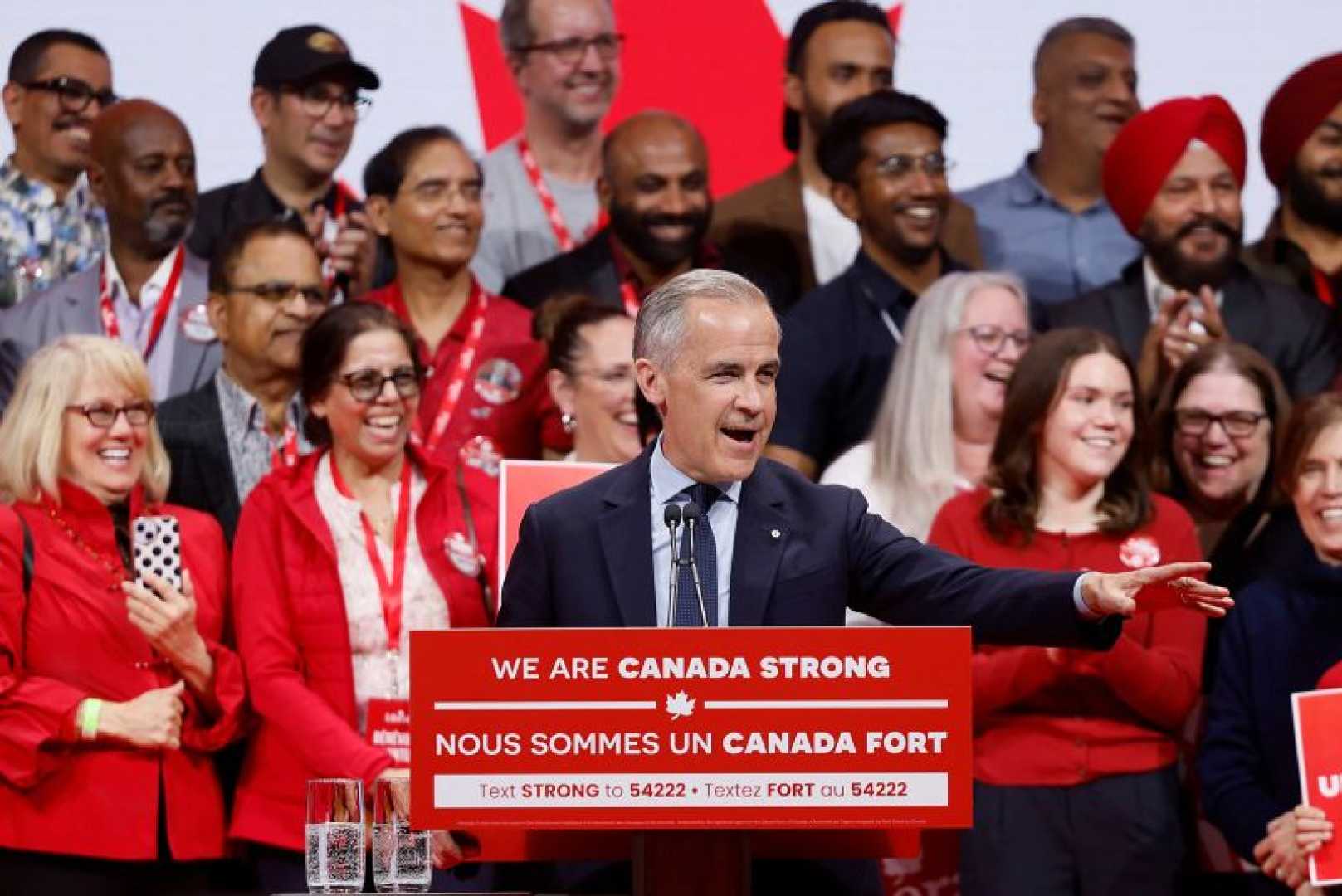Politics
Liberal Party Wins Unexpected Canadian Election Amidst Conservative Challenges

OTTAWA, Canada — In a surprising turn of events, the Liberal Party has won a fourth consecutive term in Canada’s federal election held on April 29, 2025. Despite failing to secure an overall majority in Parliament, the Liberal Party is expected to form a government under new leader Mark Carney, following the resignation of former Prime Minister Justin Trudeau.
Carney, who previously served as the Governor of the Bank of Canada and the Bank of England, assumed leadership of the party just months prior, making his election victory all the more remarkable. Polls leading up to the election had shown the Conservatives, led by Pierre Poilievre, heading for a significant win. However, Poilievre not only lost the election but also failed to retain his own parliamentary seat.
“We were expecting to see a Conservative surge,” said political analyst Éric Grenier. “But the reality unfolded differently, reflecting a complex interaction of voter sentiments.” Many Canadians appeared to perceive the election as a referendum on Canadian sovereignty in response to political rhetoric from U.S. President Donald Trump, who has made controversial comments regarding Canada’s independence.
The Conservative Party started the campaign with polls indicating solid support, only to see a dramatic shift as election day approached. As of the latest figures, the Liberals have secured approximately 43.1% of the national vote, while the Conservatives have garnered 41.7%. The Bloc Québécois (BQ) follows with 6.7%, the New Democratic Party (NDP) at 6.1%, and the Green Party at 1.2%.
Historically, Canadian politics has relied on first-past-the-post electoral rules, whereby the candidate with the most votes in a riding is elected. The election results are still being calculated, but the Liberals are projected to win around 167 seats out of the 343 available in the House of Commons.
Political observers note that significant factors influencing the election include a shift in public opinion toward the U.S. and its leaders. A recent poll indicated that many Canadians now view the U.S. as unfriendly, fueled by Trump’s tough trade policies and dismissive remarks about the country’s leadership. The sentiment of letting the U.S. govern Canada resonated negatively with voters.
“The changing perception towards the U.S. played a crucial role in how Canadians voted,” said Grenier. “It mobilized voters in their desire to protect Canadian identity.” Many Canadians demonstrated a desire to assert their national sovereignty in light of Trump’s comments, suggesting this election was as much about national sentiment as it was about party policies.
With both parties adjusting to an evolving political landscape, the Liberals and Conservatives will face new challenges in the coming months as they navigate a country marked by diverse perspectives on national identity and representation.












